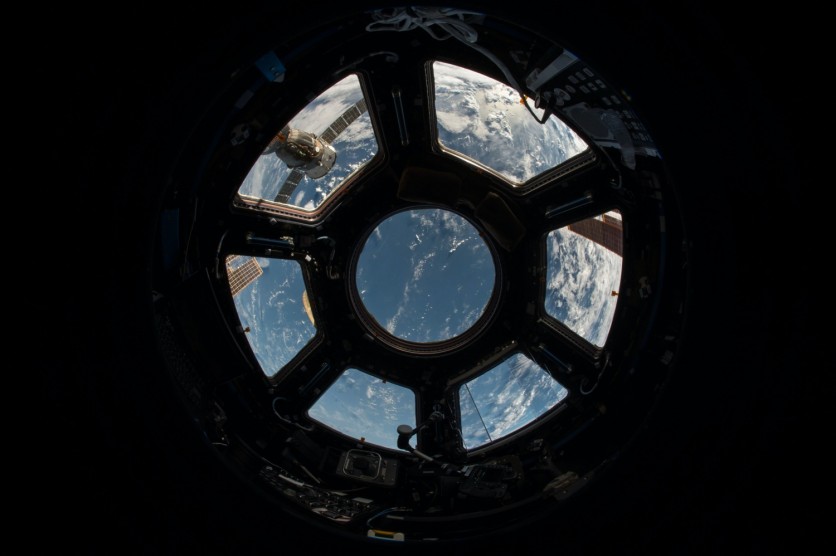Researchers at Kyoto University and contractor Kajima Corporation have joined forces to develop space habitats that will defy gravity to be used on the Moon and Mars. The space habitats will also come with their transpiration system, according to a report by Asahi.

Never-Before-Seen
There are many space development plans in different countries, but this one that the Japanese researchers are brewing are never-before-seen. The plan will represent crucial technologies to ensure human beings can move around space in the future.
Gravity is crucial to humans; otherwise, they won't be able to reproduce and babies might not develop well. According to a press statement, "When a person grows under a zero or low gravity environment, their body would change so they wouldn't be able to stand up on earth."
Also Read: Congress Wants NASA To Begin Building A Deep Space Habitat
Space Habitats That Might Work
The researchers plan to use the centrifugal force produced by rotational motions. They have released a video that shows habitats built perpendicularly and set in an orb here.
The space habitats are filled with water and green pastures that will also make them ideal for humans.
As mentioned, they will also come with their own space train that will work like trains here on Earth. The train will also generate artificial gravity and will not be limited to one planet.
The train will be able to stop at several stations on the Moon, Mars, and Earth. This will be possible with the use of linear motors or rocket engines to launch them from one station to the other.
When traveling between planets, each train car will be transported in hexagon capsules that will avoid exposure to cosmic rays. Cosmic rays are one of the most harmful elements in space and will be difficult to avoid when traveling in space.
Too Futuristic?
Indeed, the researchers are aware that their plans are very futuristic. That's why they said that this will only be possible in the 22nd century. Still, their plans seem promising as a great option for space travel and dwelling.
But then again, they have yet to test the technology on an actual centrifuge and have yet to build a space habitat on Earth.
Currently, there are people who are preparing to make space travels. One such person is Elon Musk who plans to send people to Mars by 2024. The SpaceX founder is currently behind in the space race with China and Russia. But the space programs of the two countries aren't complete.
Musk plans to build the technology to make space travel safer and more feasible. And according to the space enthusiast, it's going to take a lot of hard work and time.
Space exploration is beneficial because it will help to look for new sources of energy. According to reports, there are over 4,000 satellites orbiting our planet. It's estimated that humans have sent over 200 spacecraft to other planets. And there are over 15,000 pieces of space junk traveling around the Earth.
This proves that space exploration has already been happening for some time. So, it's only inevitable that human beings explore space even more in the future.
Related Article: Expandable Habitats May Hold Key To Successful Manned Mars Mission
This article is owned by TechTimes
Written by April Fowell
ⓒ 2025 TECHTIMES.com All rights reserved. Do not reproduce without permission.




